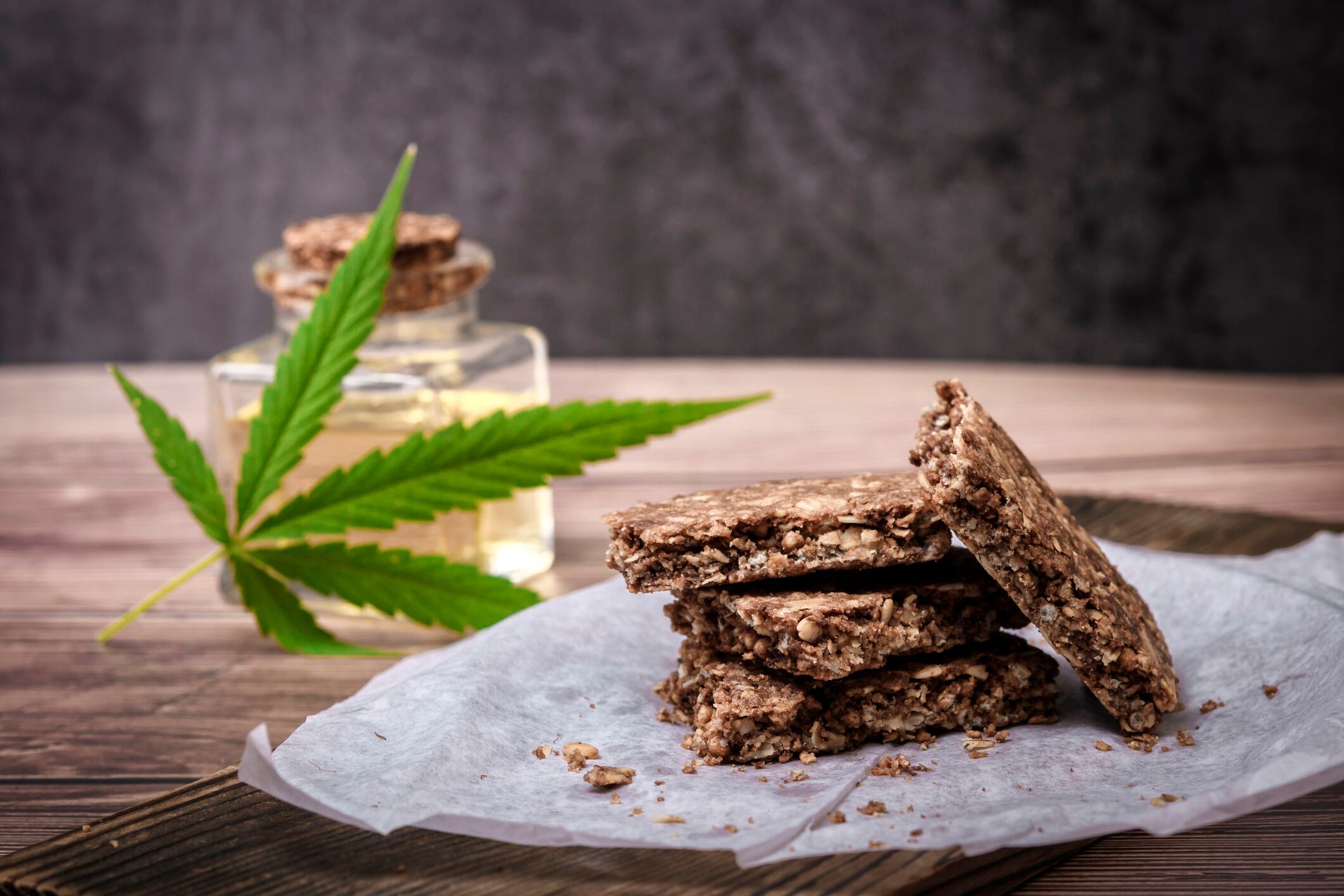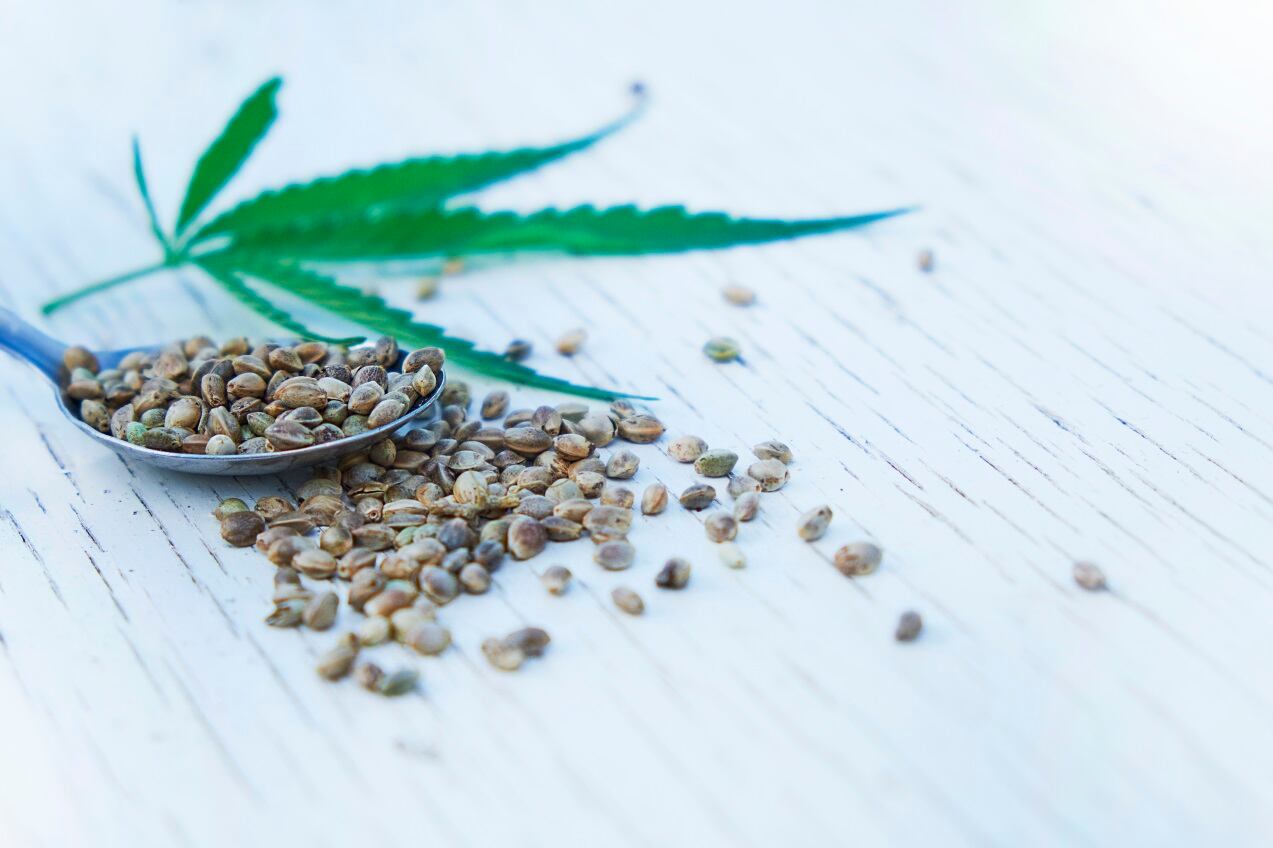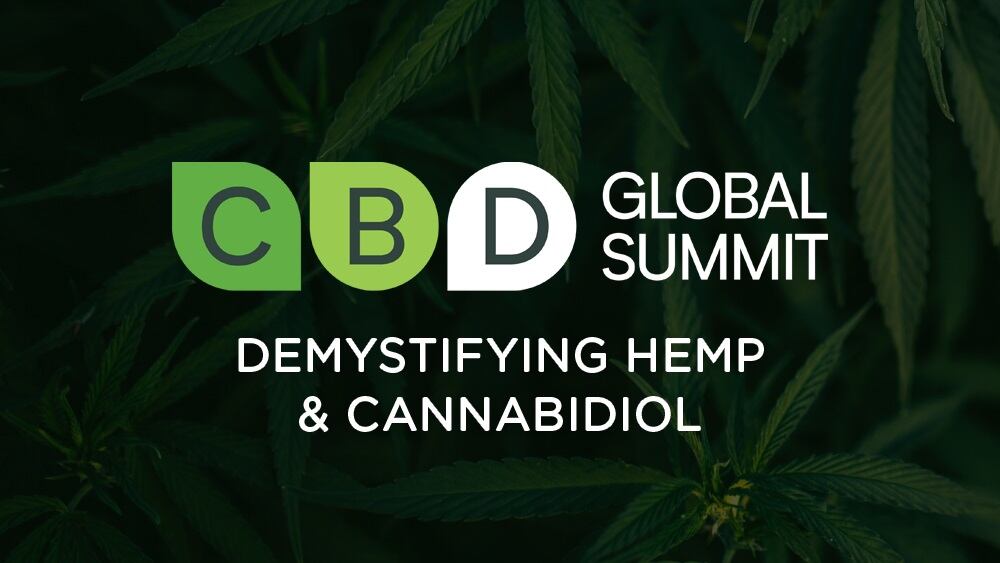The announcement comes after months of work by the ACI, led by the head of its Regulatory and Compliance Unit Dr Parveen Bhatarah, to define protocols for the analytical testing of cannabinoids.
Bhatarah said the technology employed will now detect levels of cannabinoids to a higher degree of precision (approximately 0.0001%). Laboratories will then be able to identify if samples contain more than 0.0001% of controlled cannabinoids, equivalent to 1mg/kg. This is known as the Level Of Detection (LOD) and will ensure samples do not exceed the threshold stated by the Misuse of Drugs Regulations (UK Government 2001).
The ACI said these protocols have already been implemented by analytical testing laboratory Eurofins, which showed that the protocols demonstrate quantifiable levels of cannabinoids beyond 0.0025% (weight by weight). This is known as the Level Of Quantification (LOQ). This analytical methodology also showed the ability to quantify over 16 known cannabinoids.
The ACI is now in further discussions with the Laboratory Of Government Chemist (LGC) for a project that will focus on the development of a method for testing CBD in foods with a higher precision control. The ACI said the LGC is seen as the gold standard within the analytical testing industry and often advises governments throughout the world.
The ACI said it was motivated to develop more rigorous testing by the fact standardised analytical testing methodology for CBD product testing does not currently exist, meaning test results can differ from laboratory to laboratory.
Tests last year carried out by the Centre for Medicinal Cannabis, originally published in The Times and more recently published in a peer reviewed academic paper, suggested that over half of CBD oils sold at high street chemists, health shops and online did not contain the level of CBD promised on the label. The reasons were put down to different sample preparation protocols employed for analytical testing; different validation standards of analytical methodology used in testing; or companies unwittingly (or purposely) presenting erroneous information to sell their products that have been analytically tested (in the absence of any standard protocols) in an unregulated market.
The ACI said this study ‘exposed the need for standardisation and harmonisation of the analytical methodology protocols used in the testing of cannabinoids’.
Bhatarah said: “A lack of harmonisation in testing for cannabinoids led to important questions regarding product labelling and the analytical methodology used to declare the percentage of CBD and controlled cannabinoids on CBD products. Up to now there has been no standard analytical methodology for CBD product testing.
“Test result variations are further complicated due to the instability of most of these cannabinoids to light, temperature, humidity and air, meaning sample preparation is key to consistency. Eurofins have demonstrated our protocols to be robust and we look forward to moving this standardisation forward with LGC.”
Marc Burbidge, Development and Quality Lead at the ACI, added that standardised CBD testing would help give assurance to manufactures and consumers that products are ‘legally complaint’, and that “the amount of CBD in the products matches what's on the label”.





